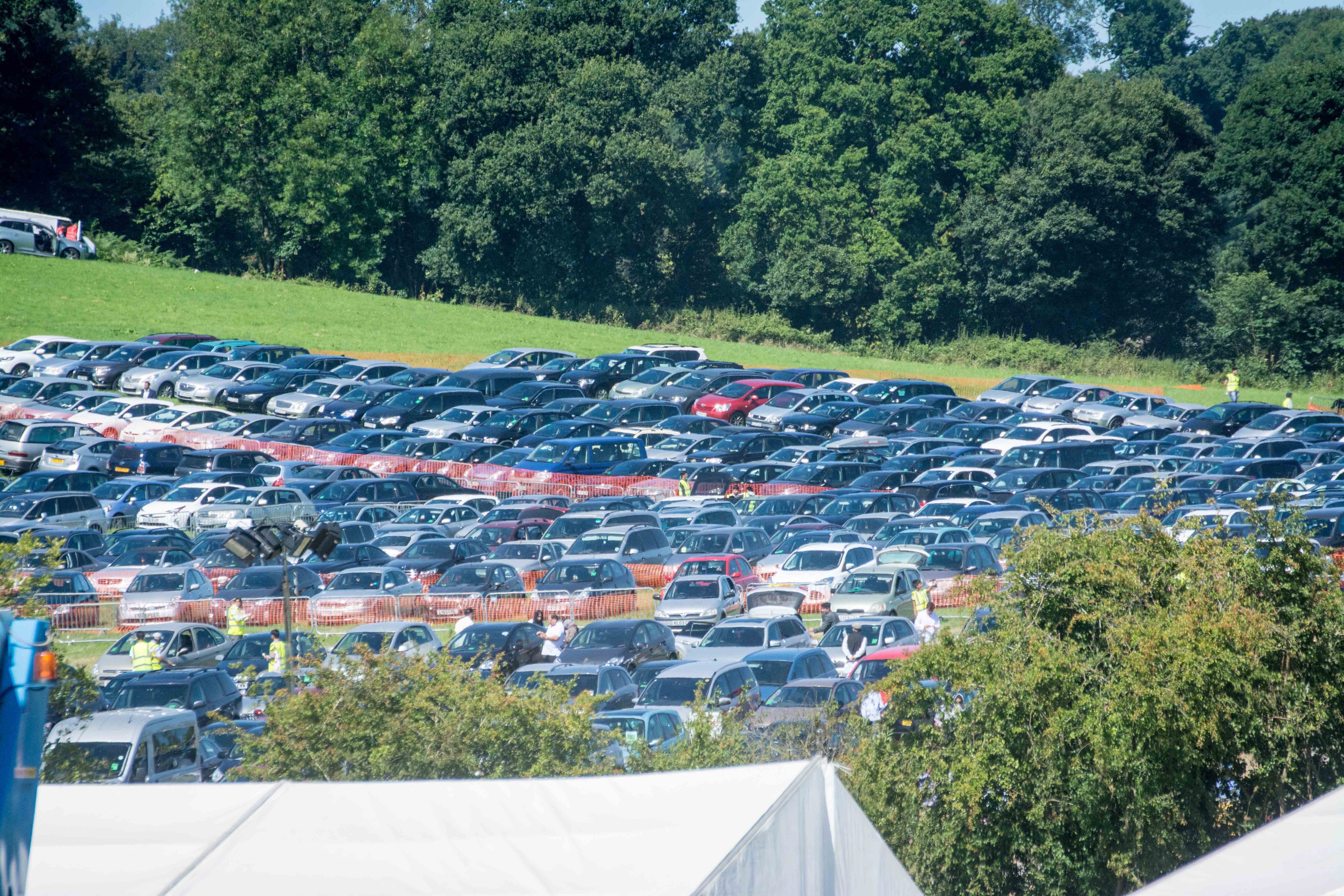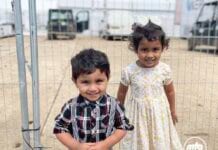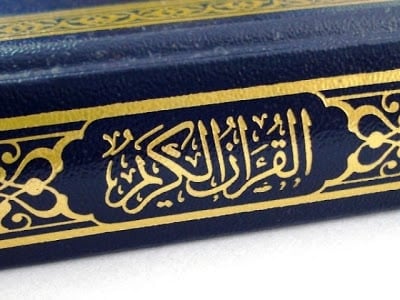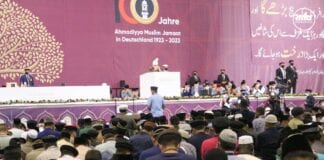“Saleh Allah Nabiyena, Saleh Allah Mohammadin.
Saleh Allah shafiyena, Saleh Allah Mohammadin.”
That’s my alarm for the three days that I camp out in our private tent at Hadeeqatul Mahdi. Men patrolling between the tents at the crack of dawn, singing prayers and nazms loudly into a hand microphone. Once we’re even the slightest bit awake, we can’t go back to sleep. The cold silently creeps through the numerous layers of blankets which we are snuggled up in, forcing us to move to gain warmth.
Wellies? Check.
Burqa? Check.
Aims card? Check.
Multiple thick jumpers? Check.
I trudge through the wet grass and mud. After waiting in the long queue for the bathroom, I perform wadhu with ice cold water before heading over to namaz, if the singing or the cold didn’t wake me up; the ice freezing water has certainly brought me to my senses.
Reading Fajr prayers behind Hazoor (aba) is an amazing blessing. His melodious and steady voice makes us inclined in our prayers and lets us understand and reflect upon the meaning of the words being said in our namaz. Even though living in the UK gives us the opportunity to read namaz behind Hazoor (atba) quite a lot, each and every time we do it, it’s as if it’s our first time again. After namaz is over, my mother and I make our way over to get ourselves a cup of tea whilst we go back to our private tents to sleep once again. Steaming hot chai in freezing cold weather- a perfect combination!
At around 8am, the sun makes it impossible to sleep any longer. The material of the tent almost absorbs the sunshine and creates a humid and stuffy feeling inside the tents, so I eagerly get out from under the mountains of blankets I’m buried under, get ready and make my way to breakfast. After a scrumptious meal of Chane (Chickpeas) Salan and warm roti fresh from the roti plant, I go to the main marquee to get a good place in time for Huzoor (atba) to come. I meet many friends on the way and smile and say salaam to people I don’t even know.
The morning session is full of inspiring speeches and I take notes in my notebook, to learn and benefit from the three days as much as I can. Time flies by, with the levels of anticipation and excitement steadily increasing as the time for Huzoor to come to the ladies side fast approaches. The discipline team is increasingly persistent, making everyone squeeze in so as to ensure enough room in the marquee for everyone.
And then is the time of the arrival of Huzoor-e-Aqdas (aba) to the ladies’ Jalsa Gah.
A unified expression of anticipation goes through the Marquee. First, we see the cars coming closer and closer on the massive screen. Second, we see those on security duty rushing through the doors. And then we see His turban; His white magnificent turban which you wouldn’t miss even miles away: we are physically able to see Hadhrat Mirza Masroor Ahmad, Khalifatul Masih V (atba), the worldwide Khalifa of Islam.

Pin drop silence echoes in the air. Even the youngest of children are drawn by the presence of Huzoor-e-Aqdas (aba). The divine leadership of Huzoor (atba) enables us to have the chance of reformation and gaining nearness to Allah at every point. The session commences with Tilawat and Nazam and then the prize-giving takes place. “12 A*s…. 10 A*s and 2 As…” I always receive the not-so-subtle nudges from my mother at this point as she pointedly looks at me as her way of telling me that she expects nothing less from me. Huzoor (atba) then delivers his extremely inspiring speech and his powerful words resonate across the Jalsa Gah. We are so blessed to have the guidance of our Khalifa to give us advice and reaffirm our faith at every opportunity. Next the eagerly awaited moment arrives when ladies of different ethnicities and backgrounds, be it African, Arab, Bangladeshi, British or many more, unite through their passion of the beautiful teachings of Islam and recite poems in different languages.
As soon as the session ends with Zuhr and Asr prayers and the gates to the bazaar open, swarms of people rush through. Children run for cold ice cream and creamy kulfi. Lajna run for the latest styled burqas on limited stock. Some rush for heavily embroidered clothes and sparkling jewellery, whilst others join the already full queues for popular pakora naan or even a burger and some chips. There are even longer queues for the Ziafat marquees, but they are all worth it, because the taste of the Langar food is unique and inimitable however hard our mothers try! This is the food which is awaited all year round: the delicious daal, the appealing aloo gosht and of course, the remarkable pasta.
The rest of the day goes by in a blur with many memories shared with friends and family. And so, after the long day when we return to our private tent, my father surprises us by bringing fish, burgers, chicken tikka and other delights from the men’s bazaar! We sit together, my whole family, and talk about the happenings of the day: what we’ve learnt and anecdotes of the day, because that’s what Jalsa does: it brings us all together.
And then when we lay down to go to sleep, that’s when people’s conversations in tents begins. The talking, the laughing, the hushed sounds of chatter. The crying and shrieking of young children and then of course: the loud snores. In just a couple of hours the singing of Nazms to wake us up will recommence: the start to another priceless unforgettable day.
by Kholood Tahir Munir




